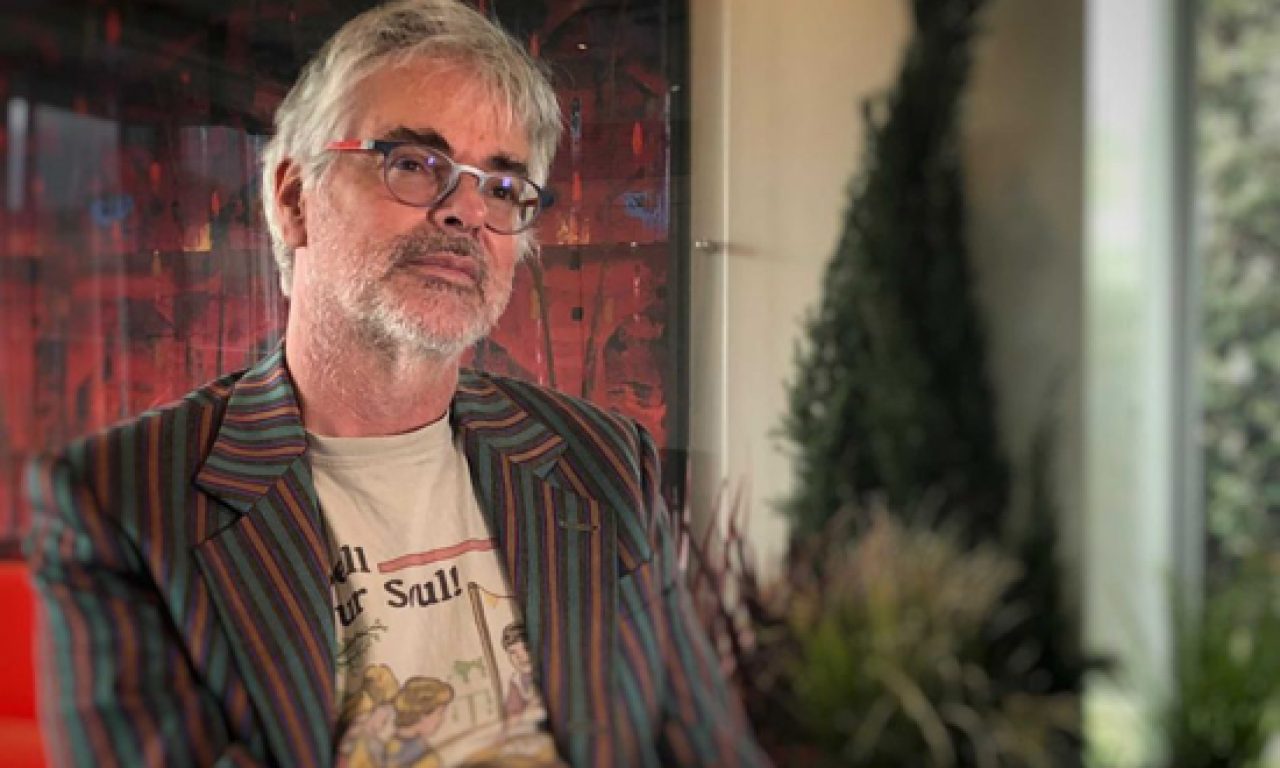by Greg Bright
Jim Savage and I were collaborating on an analytical article to attempt to ascertain the importance of luck in funds management. Suddenly, we may not be able to meet in person again for six months or more. But David Walsh, the gambler of MONA fame, has come to the rescue. His last blog “for a while” addresses this topic, albeit obliquely, containing many words of wisdom for fund managers, as well as gamblers.
Savage is a fund manager and marketer with an analytical bent. Importantly, he is a friend with whom I have collaborated on conceptually difficult stories before. I’m not so analytical. I prefer words to numbers. Notwithstanding the thoughts we had exchanged and information we had gathered, I had only written the headline. It was to be: “How to pick a skilful manager: forget it. Choose a lucky one”. Having read David Walsh’s latest blog, as he calls it, ‘Killers, cardinals, quarantines, jellybeans and vaccines’ I now think that that headline would have been too simplistic. We now agree that a proper knowledge of the odds of success in any endeavour, be it funds management or gambling, is crucial to a positive long-term outcome. The study of the odds of success from a particular strategy and adhering to an informed decision-making process is crucial over the long-term.
For the uninitiated, Walsh is the owner of the Museum of Old and New Art in Hobart, which has boosted tourism to Tasmania all by itself and upgraded Hobart’s image as an art centre. He also has a gambling syndicate of contractors who crunch numbers and come up with ways to beat the odds. A few years ago, he famously settled a dispute with the ATO which had claimed that his contractors were employees and therefore should have been treated differently. He is revered, not only in Tasmania, but by lovers of contemporary, often confrontational, sometimes downright weird, art around the world. He’s not so revered as much by casino operators and bookmakers.
So, as many sporting coaches say to their players: ‘you make your own luck’. But this, too, is a little simplistic. As AFL, rugby league and rugby union commentators often say: ‘the ball is not round’. It can bounce any which way if it lands on its point. There is certainly room for a better examination of luck.
Savage says: “Gamblers not taking chances in the Covid-19 environment, as David Walsh eloquently highlights, can be analogous to quant managers overriding signals or fundamental managers making judgement calls in this unknown situation. Certain trend-following strategies can be consensus or momentum based. This can be contrasted against fundamental managers that look for contrarian positions.
“As David says: “It’s a really bad idea to garner all your information and opinions from those that agree with you”. Many default options of the big super funds are similar in asset allocation and afraid to deviate from their peers. In the current environment, cash levels have risen substantially for some funds given either the fear of loss or an expected move to cash by members.
“David mentions positive symmetry in a lottery versus negative asymmetry being untenable. My observation is Covid-19 is focusing investor minds on negative asymmetry. The default funds have been raising cash for allocation or expected member transactions. The withdrawal of funds or switching to more conservative lower-return options will most likely result in a lower balance for younger members that retire in 10 or more years. A characteristic of unforecastable systems is fat tails, David says. Well, that is a horrible fat tail for investors.”
Before you read it, David Walsh’s final message to friends and supporters before he had to shutter MONA for the time being, is much more than a ‘blog’. It’s a proper long-form piece of personalised journalism of about 5,000 words which may whet your appetite to read, or re-read, the fabulous bible for many fund managers, Peter L. Bernstein’s ‘Against the Gods – The Remarkable Story of Risk’.
Savage and I will get back to our own report in due course, a little chastened by our audacity and more respectful of the complexity of the subject matter. Walsh, as it turns out, is also a very good writer. Perhaps you can love numbers as well as words. If he was a fund manager rather than a gambler and contemporary art patron, I suspect he’d be a quant, specialising in smart beta strategies. For instance, he is a firmer believer in the power of consensus than a lot of fund managers are.
He sets the tone from his first two paragraphs: “My mates take quarantine very seriously. That might be because they have a background in gambling, so they understand that unlikely events can have serious consequences. Or it might be because even miscreant gamblers rally round the flag in times of trouble (when the going gets tough, the tough stay put). Or it might be because, at various times, the police, the State Emergency Services, and the fire brigade have checked up on them (one young lady sequestered at Mona regretted that body contact isn’t permitted when a particularly considerable constable established her whereabouts).
“In many locales, the checking up is done technologically. I thought the authorities would ask to befriend you on your phone (find-a-friend), so they’d know if you were roaming. But mostly, they send text messages that demand a locating response. That could be a little problematic. A small percentage of COVID-19 sufferers die suddenly, so the phrasing would have to be carefully considered. Not: ‘We’d like to know where you are, and if you are alive’. Or, ‘If deceased, please disregard this message’.”

